frequently askedquestions
If you have a question—or many questions—about Habitat for Humanity, you’re not alone and it’s likely that your question has been asked before. For example, a lot of people think we give homes away for free. We don’t.
Let’s dig in and start by answering a few frequently asked questions. If you have a question we’ve not answered, please contact us!

habitat for humanity
Habitat retains the “Right of First Refusal” to purchase back any home if a homeowner needs to sell. Habitat buys the home back at a price that shares with the homeowner the appreciation in the value of the house.
Habitat’s philosophy is to build simple, decent homes. Any newly built house is going to be a dramatic change for a family that has been living in poverty-level conditions. However, Habitat houses are not extravagant by any means.
Although the the mission of Habitat for Humanity is:
Seeking to put God’s love into action, Habitat for Humanity brings people together to build homes, communities and hope.
And the principles of Habitat for humanity are:
- Demonstrate the love of Jesus Christ.
- Focus on shelter.
- Advocate for affordable housing.
- Promote dignity and hope.
- Support sustainable and transformative development.
Habitat for Humanity and its affiliate organizations will not proselytize (convert or attempt to convert (someone) from one religion, belief, or opinion to another). Nor will Habitat work with entities or individuals who insist on proselytizing as part of their work with Habitat.
This means that Habitat will not offer assistance on the expressed or implied condition that people must adhere to or convert to a particular faith or listen and respond to messaging designed to induce conversion to a particular faith.
Habitat houses are not given to anyone. The houses are built with those in need and then sold to the homeowner partners. Mortgage payments are kept affordable for families who would otherwise be unable to qualify for conventional financing through low down payments, no-profit/no-interest loans and low monthly payments. Homeowners also invest hundreds of hours of “sweat equity” building their own home and those of neighbors.
Habitat works as a partnership between families in need, volunteers, churches, businesses and other organizations and individuals. Simple, low-cost homes are built using contributions, donated materials, and volunteer and homeowner labor. The houses are sold at cost and with zero-interest financing to low-income families who have a stable income but are unable to qualify for a conventional mortgage. This makes it possible for families who otherwise could not afford to buy their own home to realize their dreams of homeownership.
Wabash County Habitat for Humanity is a Christian ministry which builds homes in partnership with low-income families in need of a decent place to live. This ministry is open to all persons who desire to work to eliminate poverty housing. With people from all walks of life working together, Wabash County Habitat for Humanity builds new relationships and a sense of community as well as sturdy, livable homes.
donations
Yes, Wabash County Habitat for Humanity is a non-profit organization and donations are tax-exempt under section 501(c)(3) of the Internal Revenue Code.
The Indiana Housing and Community Development Authority (IHCDA) partners with organizations throughout the state to offer a variety of programs to assist in affordable rental, homeownership, and homelessness initiatives. The Neighborhood Assistance Program (NAP) is one of the programs.
WHAT IS NAP?
The Neighborhood Assistance Program (NAP) offers $2.5 million in tax credits annually for distribution by not-for-profit corporations. Organizations use NAP tax credits as an incentive to help them leverage more contributions from individuals and businesses for certain neighborhood-based programs and projects.
Eligible projects include affordable housing, counseling, child care, educational assistance, emergency assistance, job training, medical care, recreational facilities, downtown rehabilitation, and neighborhood commercial revitalization. All projects must benefit economically disadvantaged areas and/or persons.
The NAP program follows the state fiscal year from July 1 to June 30. The maximum tax credit award per organization per fiscal year is $15,000.00. Tax credits are distributed to donors at 50% of the contribution amount and are subtracted from a donor’s state income tax liability. Indiana Code 6-3.1-9 established the NAP program.
NAP donations are specifically designated and cannot be applied to other Habitat funds. NAP tax credits are available July 24, 2023. Gifts are processed in the order in which they are received. If you would like your contribution to be eligible for this great tax credit, please contact us for the correct paperwork.
The money for building comes from two main sources: donations and mortgage payments. Donations from individuals, foundations, organizations and businesses are used to purchase land and materials. The no-interest mortgage payments made by current Habitat homeowners also support the construction of additional Habitat homes.
volunteer
We welcome people with any skill level to volunteer with us on the build site, even beginners. On-site construction leaders train volunteers in all aspects of building. You do have to be at least 16 years old to work on a Habitat construction site.
We welcome volunteers to help us build, assist in the office, serve on committees, provide lunches or snacks, and help with special projects and events that benefit the organization. As a volunteer for Wabash County Habitat for Humanity, there is always a place for you to bring your unique talents and skills.
No previous experience is necessary and our staff will provide you with all of the training and tools needed. Our partner families work alongside many of our volunteers while they are earning sweat equity, so it’s a great way to meet future Habitat homeowners.
You can help by volunteering your time towards construction or office-related tasks or making a donation of land, materials, or money. Your involvement, at whatever level makes a significant difference. Give us a call at (260) 563-9188 if you would like to help.
homeowners
Great question. Yes! However, applications are CLOSED for 2024. A new family has been selected. If you’d like to be alerted when the application period opens again, please send an email requesting notification, be sure to included your contact information, to becky@wabashhabitat.org
Yes. Like all other affordable housing programs, Habitat for Humanity requires that its houses are homeowner occupied. This means that you cannot use it for business purposes, move out and leave it empty, rent it out, or move out and let others live there in your place. Sometimes a granting agency will have additional restrictions that apply. After a homeowner has fully paid off the mortgage, these restrictions are removed. And, like all other mortgage companies, Habitat requires that the property (house and yard) are maintained in good condition.
Habitat’s philosophy is to build simple, decent homes. Any newly built house is going to be a dramatic change for a family that has been living in poverty-level conditions. However, Habitat houses are not extravagant by any means.
A family selection committee reviews all applicants and follows a non-discriminatory selection process based on housing need, ability to repay the loan, and willingness to partner with Wabash Habitat.
Yes. We are an Equal Housing/Equal Opportunity lender and does not discriminate against anyone based on race, religion, source of income, or family make-up.
Sweat equity is the investment that homeowners make in their houses prior to moving in by spending hundreds of hours building their own home and the homes of others. Sweat equity reduces the cost of the home while increasing the personal pride of ownership for their house and community, and fosters the development of partnerships and positive relationships with other people in the community.
Between classes, community service, and home construction, your time commitment is around 250 hours.
No. Habitat does not use credit scores to qualify a family. Habitat evaluates a family’s application by looking at their debt-to-income ratio. This ratio will show if a family’s debt is manageable, meaning that a family can pay on both their debt and their mortgage every month. A family that has a high debt-to-income ratio can work to reduce their debt and re-apply at that time.
curious
No, we don’t have a ReStore. The nearest ReStore locations are Fort Wayne and Muncie. Here is a list of Indiana ReStores.
Habitat For Humanity International (habitat.org) provides educational resources, maintains the Habitat brand, and secures large gifts in kind. When we build a home in locally, we must raise 100% of the funding required to build the home. We do not receive any financial support from Habitat.org to support our operations, or to build homes.
When you donate to Wabash County Habitat, all of your donation stays local.
If you’d like to support international aid or disaster relief, then your gift should be make to Habitat.org
Habitat for Humanity is a global nonprofit housing organization working in local communities across all 50 states in the United States and in more than 70 countries around the world.
Wabash Habitat for Humanity is a Habitat for Humanity Affiliate. Habitat for Humanity affiliates are independent local non-profit organizations that act in furtherance of the Habitat for Humanity mission. Each Habitat affiliate coordinates all aspects of Habitat home building in its local area.
